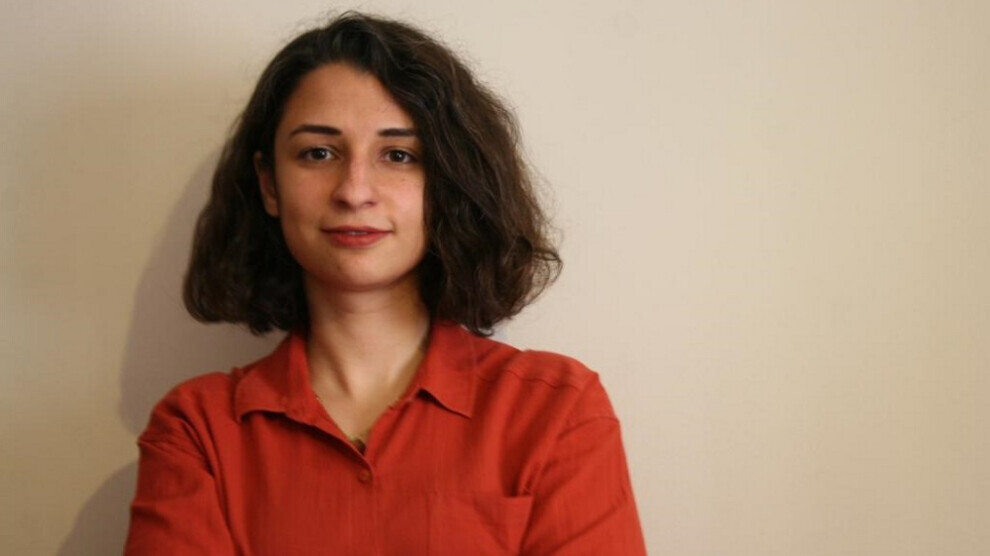Prison administrations increase punishment of prisoners on hunger strike
The arbitrary attitude of the prison administrations against the hunger strikes, which have entered their 269th day, continues while the government takes no steps.
The arbitrary attitude of the prison administrations against the hunger strikes, which have entered their 269th day, continues while the government takes no steps.

The indefinite alternating hunger strike launched in prisons against the isolation of Kurdish people's leader Abdullah Öcalan has entered its 269th day. The 5-day indefinite alternating hunger strike, which started in prisons on 27 November 2020, was extended to 15 days as of 14 July.
The action in Turkey and North Kurdistan prisons is carried out by the 49th group of prisoners.
A solidarity hunger strike began on 18 December in Maxmur and is now on its 248th day.
An indefinite alternating hunger strike launched in Greece's Lavrio Camp under the leadership of the Revolutionary Youth Movement (TCŞ-Tevgera Ciwanên Şoreşger), the Kurdish Women's Movement in Europe (Tevgera Jinên Kurdistan a Ewropa) and Navenda Çanda Kurdistan (Kurdish Cultural Center) is on its 231st day.
Prison administrations don’t care
Speaking to ANF, Destina Yıldız, co-spokesperson of the Istanbul Branch Prison Commission of the Lawyers' Association for Freedom (ÖHD), says that the increase of the hunger strike to 15 days increases also risk for the health of the prisoners. Yıldız criticizes the practices of the prison administrations: “In some prisons, after the hunger strike, normal meals are served rather than controlled meals, which can cause health problems.
Since the fast is prolonged, it is necessary to pay attention to their nutrition. This is of vital importance, but administrations don’t care about the situation. In the past, prisoners did not have major health checks because they fast 5 days each, but now they need to be careful as often they are in and off the hunger strike.”
Lawyer Yıldız underlines that instead of worrying about the health of the prisoners, the administrations increase the disciplinary punishments. “It is a fact that it is the government, not the prison administrations, who should pay attention to this. Both we and our clients are trying to convey this voice and demands outside and to the people. The government, on the other hand, is using disciplinary punishments as a stick with the powers it has given to prisons, while it should do something about this issue."